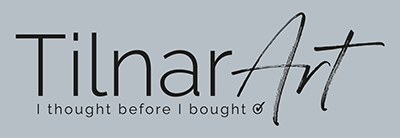Our Fair Trade Soapstone Products are completely handmade. They are made by a large team of nearly 500 skilled craftspeople in Tabaka, Kisii County, in south western Kenya. By purchasing these products, you help create a sustainable income for many families who are very proud to make these beautiful products.
The products are natural, zero plastic, and handmade using simple masonry tools. Handmade Soapstone products have less than 1% environmental impact from production and disposal compared to non-recyclable plastic or resin products.
The soapstone products pass through a long production process:

First the raw soapstone is mined from the quarry near Tabaka by hand. Soapstone is found near to the surface so is easy to mine.

The soapstone is then cut into manageable blocks. Soapstone is very easy to cut initially, whilst it remains moist, it is then left in the sun and as it dries it becomes much harder. Here, Robert Ongesa, is sawing the Soapstone into blocks.

The Soapstone is then carved into the rough shape of the product. Soapstone varies in colour from white to rose and even grey and yellow and will have beautiful natural colourings and marks that appear in the stone.

The Soapstone is then carved by skilled craftspeople into the shape of the desired product.

Carvers work in small groups with each group specialising in certain carvings. Here Ronald Nyabwari who specialises in carving animals is carving a cat.

The carved shapes are then sanded by another team. Opportunities are given equally to men and women in the village and all craftspeople are helped to set up bank accounts and a requirement is they must send their children to school if they wish to be involved in the project.

The soapstone is then coloured with a natural dye before a skilled team of craftspeople etch the patterns revealing the natural colour of the soapstone with a sharp knife. Here Richard Kerina is etching a floral pattern on a heart.

Finally, the products are polished with a natural wax before the beautiful finished product is carefully quality controlled by the team. The products are then wrapped in paper and boxed. No plastic is used in production or packaging.
#ThinkNo2Plastic #ThinkHandmade #ThinkNatural #BuySoapstone
Proud to be a Zero Plastic Product













